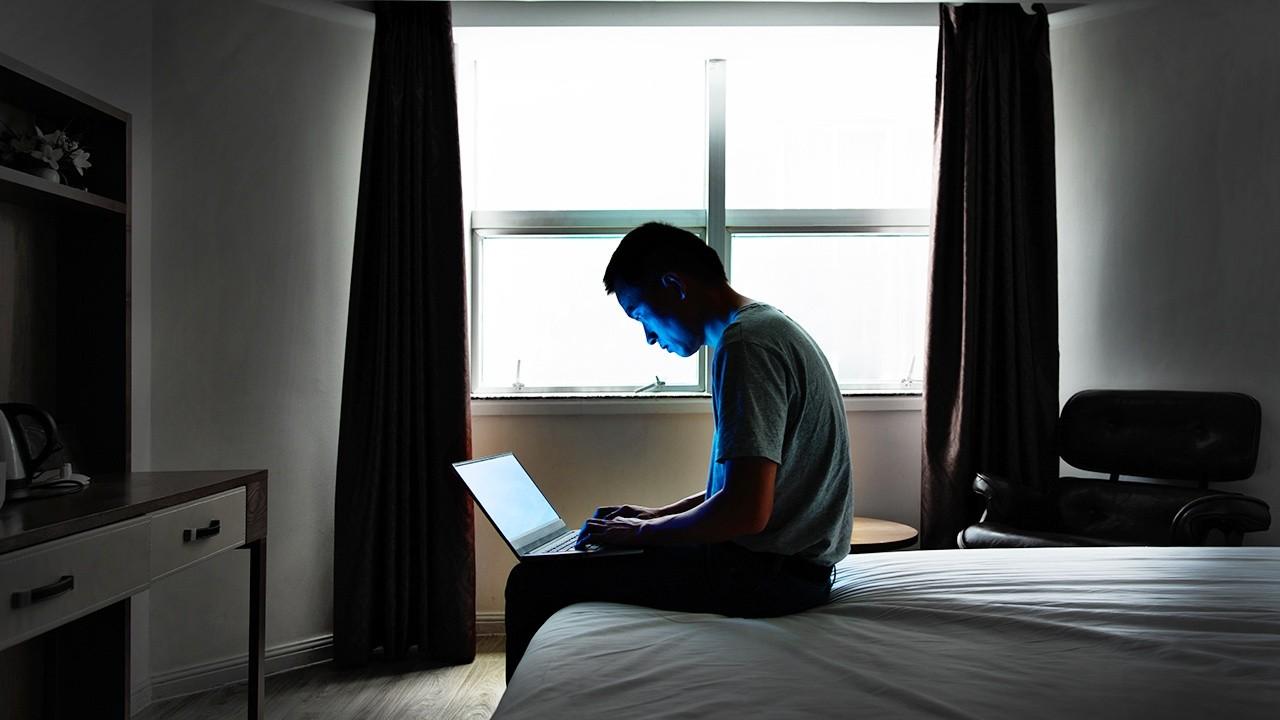After coronavirus, all homeowners should be doing these 5 things
Take these simple steps now to make sure your family and home are protected before a disaster strikes
Get all the latest news on coronavirus and more delivered daily to your inbox. Sign up here.
The term “home” has taken on new meaning in the past month. Residences are now doubling as offices, schools and even in-home care facilities as people around the world continue to do their part to prevent the spread of COVID-19.
We need safe, secure and sanitary housing now more than ever. Staying home is critical to saving lives. Yet that very premise will be challenging for thousands of Americans in the coming months as we enter a hurricane season forecast to be highly active.
STOCKS SURGE AS REOPENING ECONOMY OVERPOWERS RECORD UNEMPLOYMENT
Tornadoes have already touched down in Mississippi, Oklahoma, Tennessee and the National Oceanic and Atmospheric Administration (NOAA) predicts that 2020 will be an "Above Average" hurricane season and that nearly half of the United States is at risk of spring flooding this year.
Nobody can prevent storms from happening, but there are actions homeowners can take to minimize damage and get back in their homes sooner. Let’s talk about five key actions to take today:
Get Flood Insurance
Homeowners’ insurance doesn't cover flooding. Floods are the most common natural disaster in the U.S. They are expensive, too just mere inches of water can cost tens of thousands of dollars in repairs.
Flood insurance has a 30-day waiting period after purchase before coverage goes into effect, so you cannot wait to get it until a storm is forecast.
Most flood insurance policies can be obtained for less than $3 a day.
AS NEW YORK EYES POST-CORONAVIRUS ECONOMIC REOPENING, WILL REAL ESTATE REBOUND?
Take a Video of Your Home and Contents
Save yourself time and energy in the event that you need to file an insurance claim by taking a video of your home and contents.
This video will make it easier to determine the value of your possessions so that you can obtain an accurate payout for damages.
Make sure to upload the video to the cloud or email it to yourself should your cell phone or computer get damaged during the disaster.
Protect Important Documents
You will need certain documents for your insurance claim or when filing for assistance. Protecting your important papers—social security cards, birth certificates, property deeds, as well as financial, legal and medical documents—in advance helps prevent delays in applying for assistance or filing insurance claims.
Protect physical records at home from water and fire in a waterproof fire chest or scan them and upload them to the cloud.
GET FOX BUSINESS ON THE GO BY CLICKING HERE
Update Your Key Contacts
If an emergency happens, how will you get in touch with the important people and service providers?
Make a list of emergency contact numbers that you can save in the cloud and refer to as needed.
It’s also a good idea to make a written list to carry with you if cellular towers are not working.
Visit SBPprotects.org
In the weeks and months after disasters, many families wish they could have done things differently to make recovery a little less painful.
Use this downtime to visit SBPprotects.org, the organization where I serve as Chief Strategy and Innovation Officer and learn how you can better prepare for the unexpected. I also encourage you to take one of SBP’s many eLearnings courses and ensure your home and family are in good hands.
Reese May, a two-time combat veteran of the U.S. Marine Corps, is Chief Strategy and Innovation Officer for SBP. He has led non-profit SBP’s disaster recovery efforts across the country.
CLICK HERE TO READ MORE ON FOX BUSINESS




















